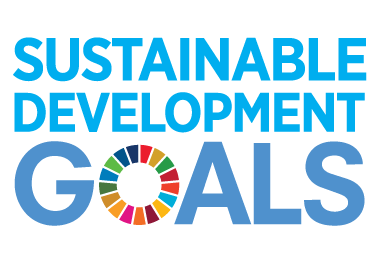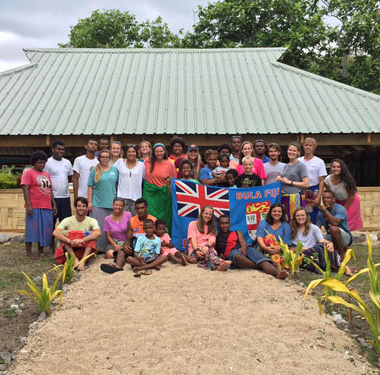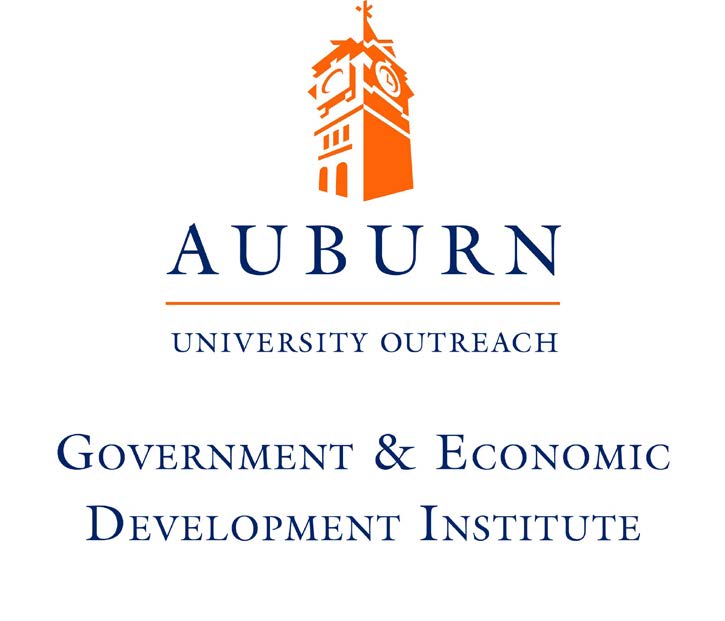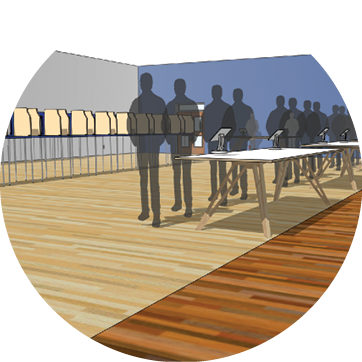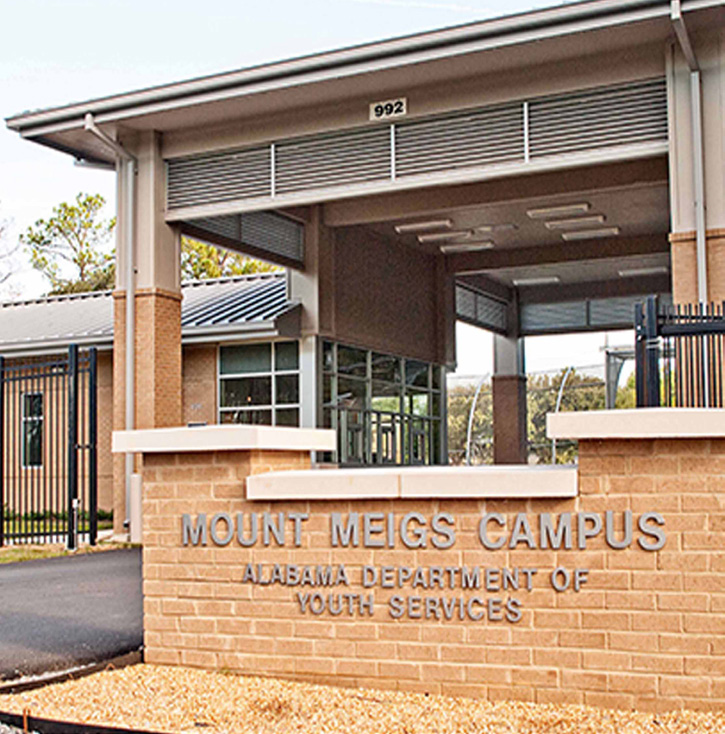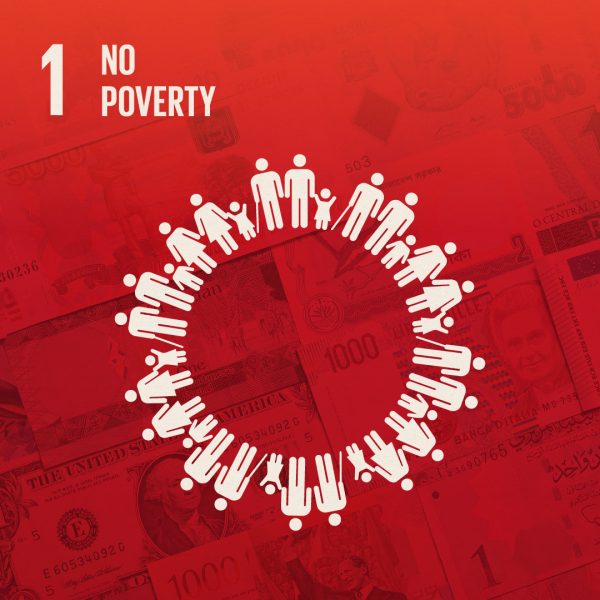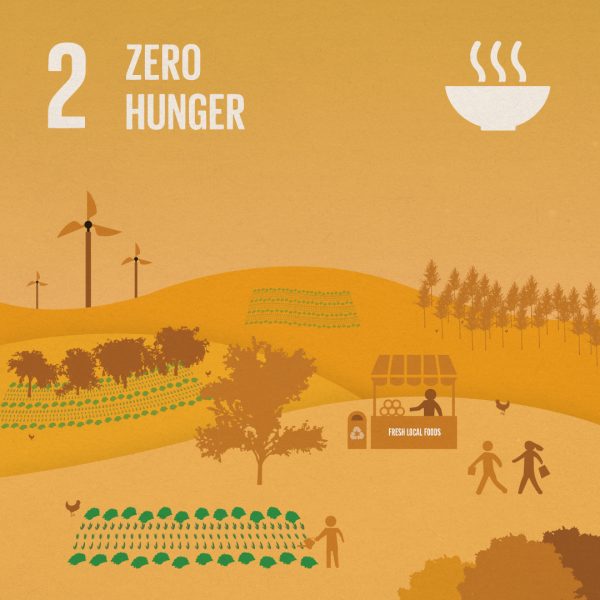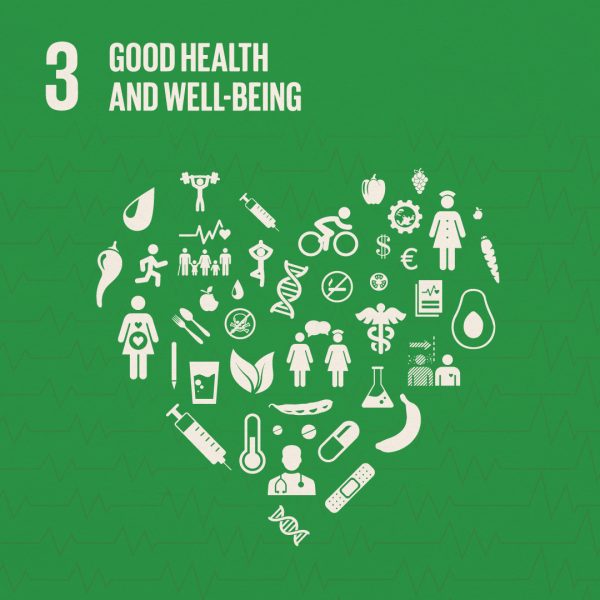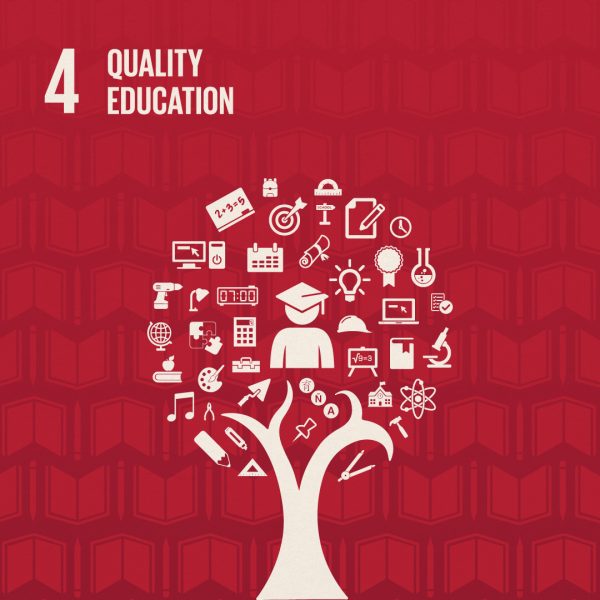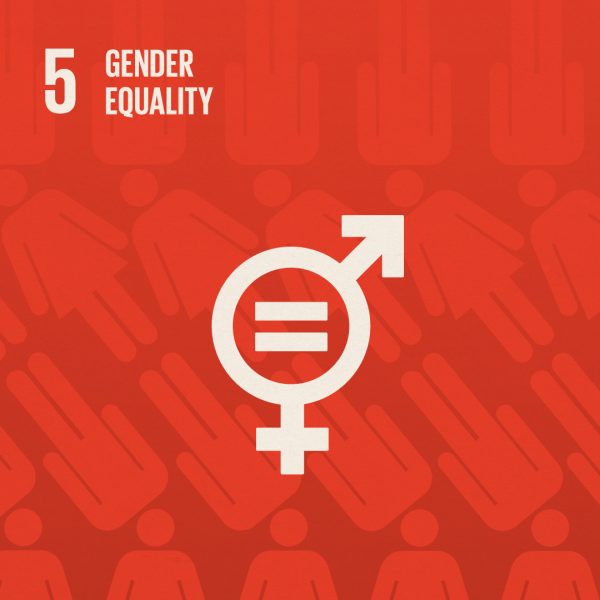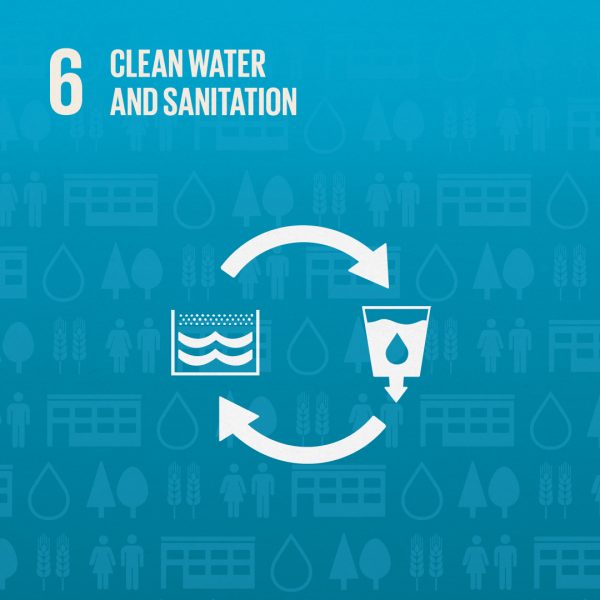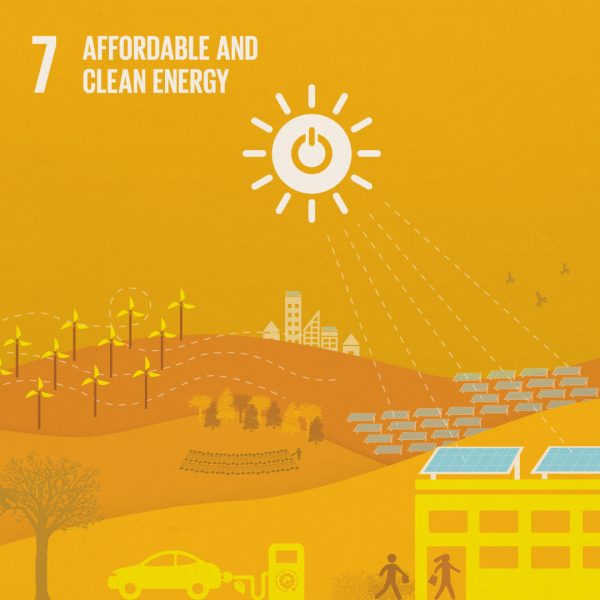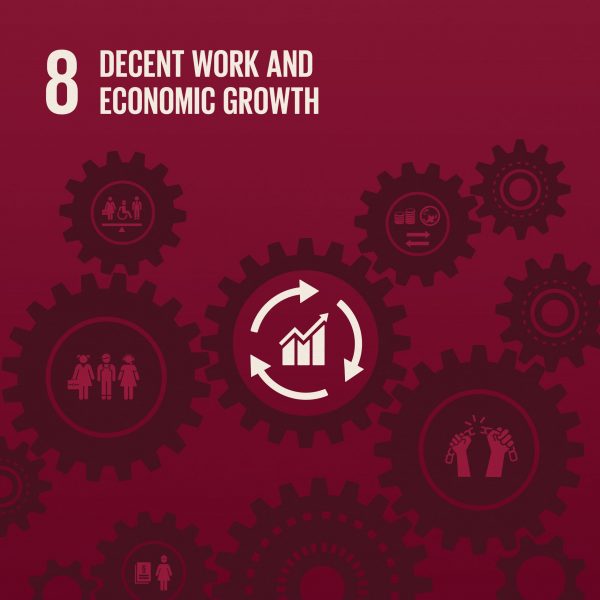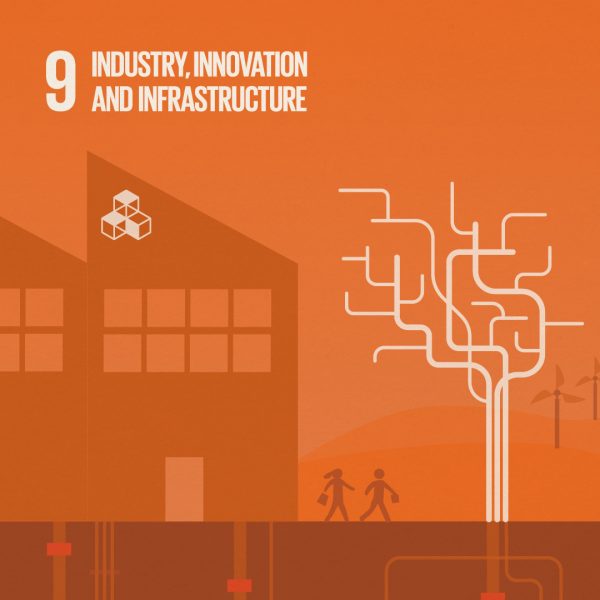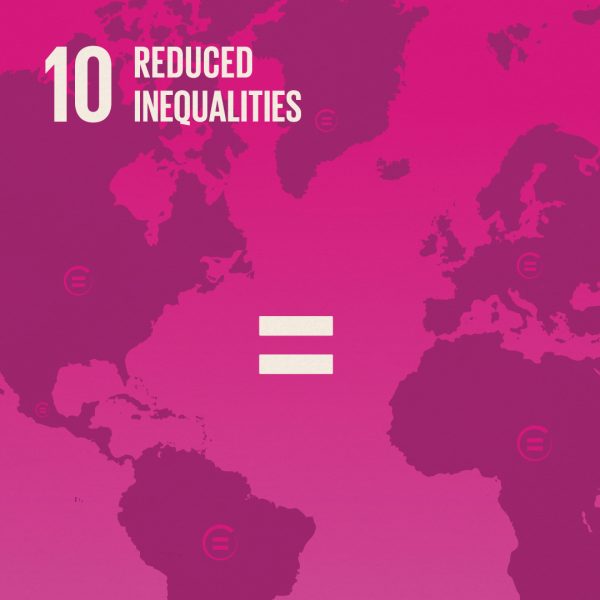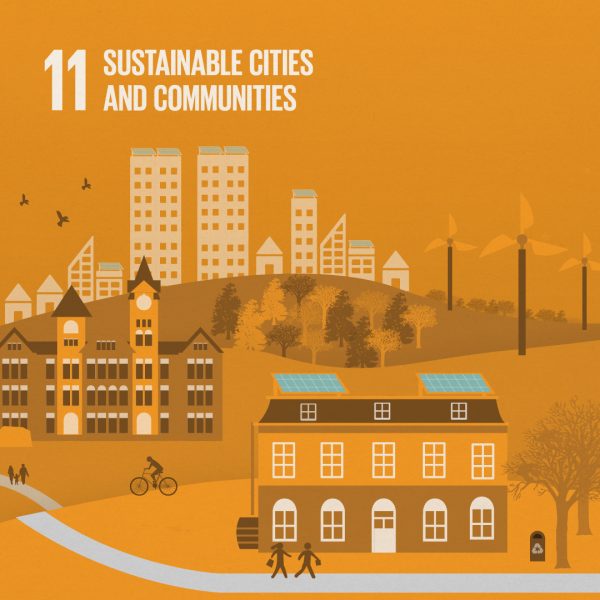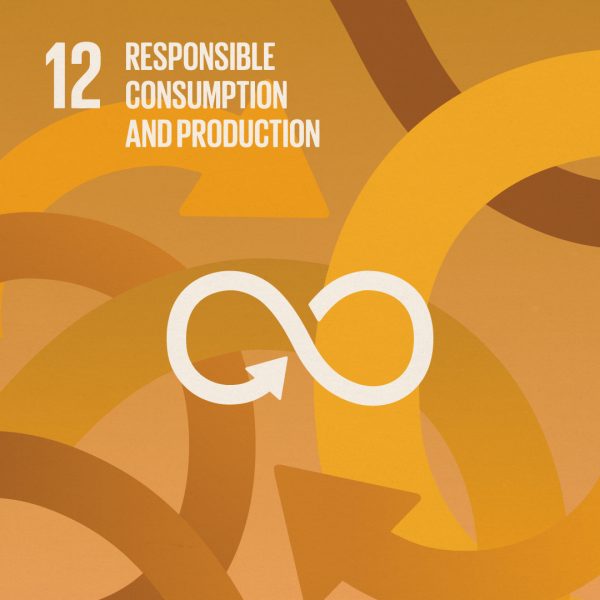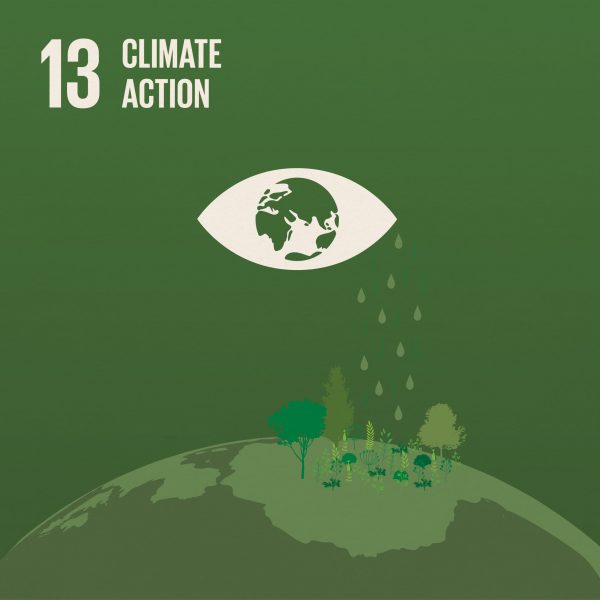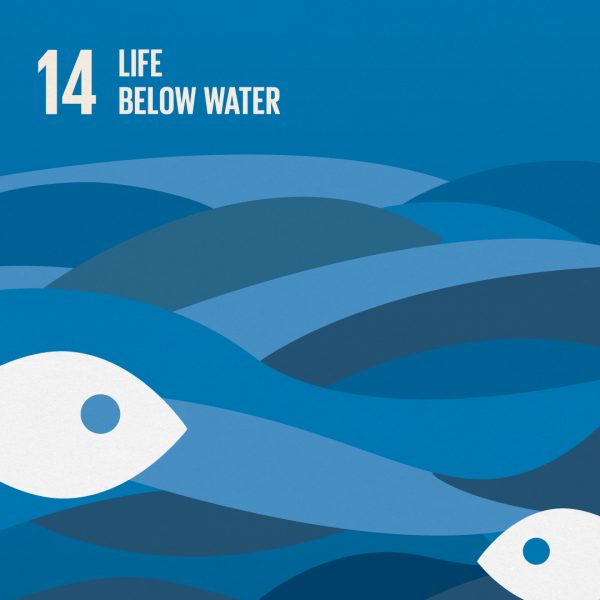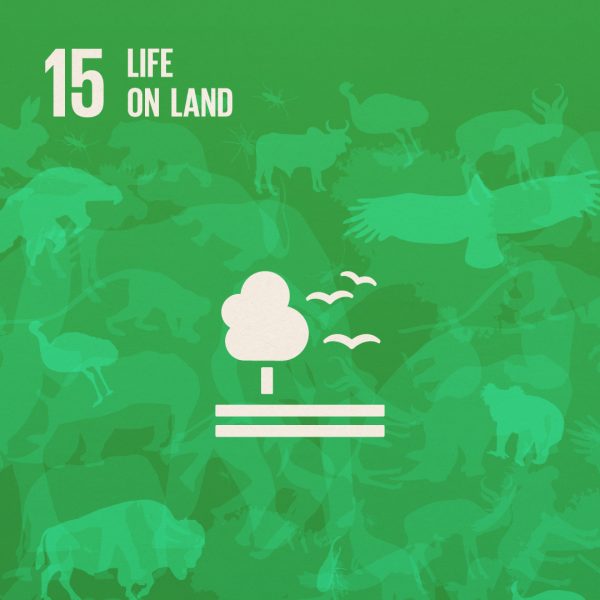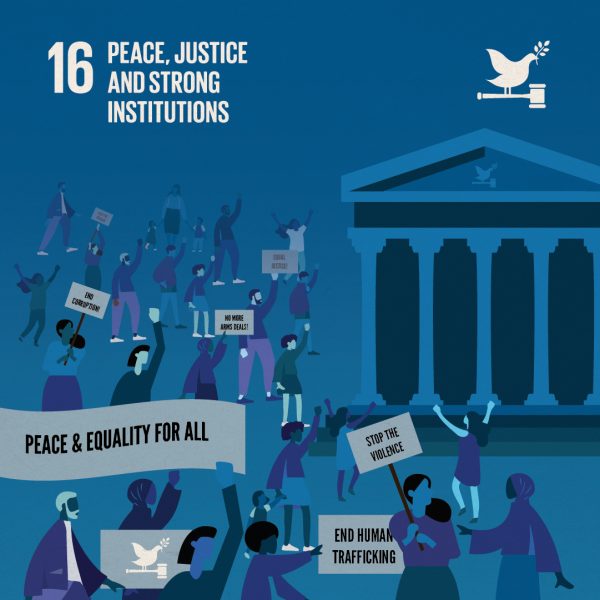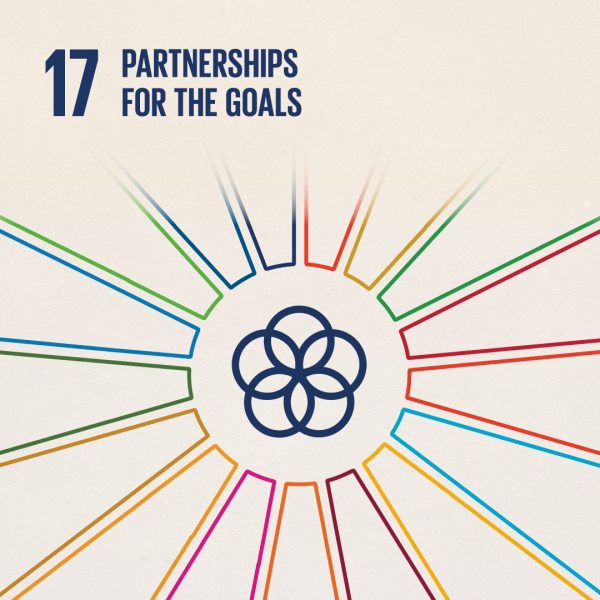By Randy Martin & Bella Wright A quick look at the top public colleges reveals that in each of their strategic plans, sustainability is taken seriously and given a prominent seat in the future of their institutions. This isn’t for show. Beyond the “good citizen” reasons, it's a smart business…
By Randy MartinAs we face a future that hasn’t looked like our past, research will play a key role in helping us chart our course. The work of researchers has already alerted us to our current woes, such as climate change and biodiversity loss. Going forward, it is essential that…
By Randy Martin The national and local conversation around climate change is ridiculous, and that's why I’m doing something about it. If you’ve followed this issue at all, you probably know it feels as if the entire thing is just people talking past one another. It feels like we’re so…
Karen on a hike with her family By Camille Colter, Office of Sustainability Karen McNeal is a professor of Geosciences within the College of Sciences and Mathematics, hired as one of the first disciple-based education researchers (DBERs). DBERs conduct nontraditional disciplinary research on education. Karen’s work focuses on understanding how…
By Sabrina De Los Santos Rodríguez Dark clouds over the Week's Bay boat. Photo credits: Sabrina De Los Santos Rodríguez On Sunday, August 7th, 2022 I was on a white van with seven other people - all climate science graduate students and professors with diverse specialties. We were leading the…

